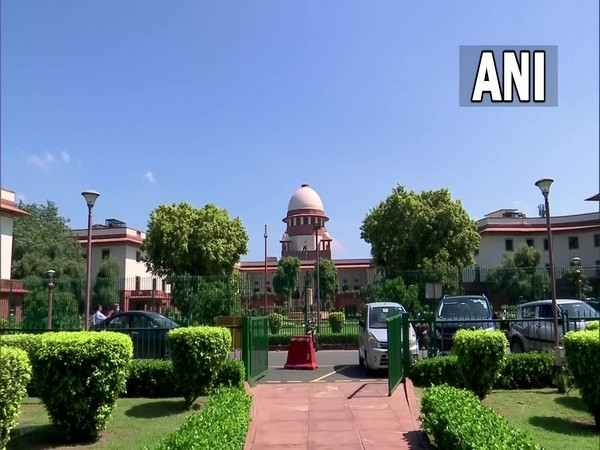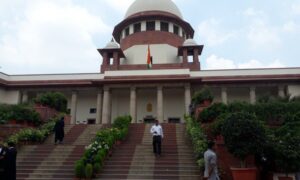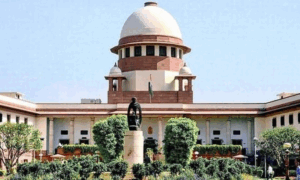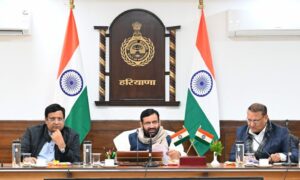
Picture : Twitter/ ANI
The Supreme Court has asked the ministry of home affairs to call for reports from Uttar Pradesh, Madhya Pradesh, Haryana, Karnataka, Odisha, Chhattisgarh, Bihar and Jharkhand on alleged attacks on members of the Christian community, rejecting remonstration by the Centre.
The top court said though it believes crime against an individual does not necessarily mean crime against society, but even if 10 per cent of the cases alleged in the PIL is true, then it needs to go to the bottom of the issue.
The Centre told the court it should not entertain the PIL based on “self-serving reports” as it could have wider ramifications.
“We need to separate grain from the chaff, even though we believe that an attack on individuals does not mean it is an attack on the community. We need to verify the claims of any such incident claimed in the public interest litigation,” a bench of Justices DY Chandrachud and Hima Kohli said.
Solicitor General Tushar Mehta asserted majority of the alleged cases mentioned in the PIL were found to be false and based on “self-serving articles” published on a web portal upon verification.
He insisted the court should not entertain such PILs and pass orders that will open a Pandora’s box and could have wider ramifications.
“First, there was an era when PILs were written on a postcard, then came an era when PILs were filed on the basis of newspaper reports and the courts had taken steps to curb that practice. Now, the third era is that PILs are being filed on the basis of a self-constituted fact-finding committee and reports which are being published on some web portals,” he said.
Senior advocate Colin Gonsalves, appearing for the petitioners, said in majority of the attacks against the members of the Christian community, there is a pattern, and are being done with the connivance of police authorities.
Mehta dubbed the claims as exaggerated, insisting government verification at the ground level found no such incidents with communal overtones had taken place as was being claimed by the petitioners.
Gonsalves argued that in most cases Christian priests have been booked by police and attackers allowed to go scot free.
“In the last one year, more than 700 cases of violence against the members of Christian community have been reported,” he said.
[the_ad id=”41101″]


















